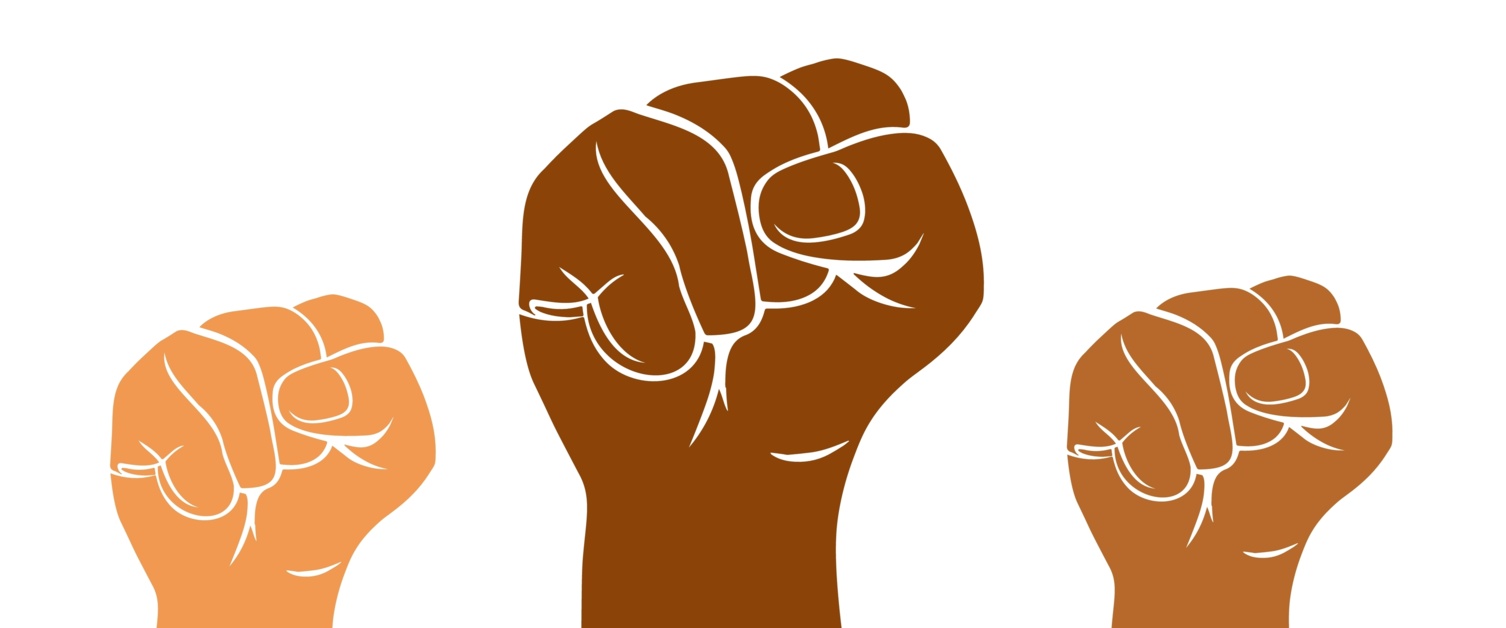Black History Month: Black Resistance Leaders
- foster care rights, my rights
- Resources for Teens and Young Adults
Black History Month (BHM) began in February 1926 when Carter G. Woodson established Negro History Week to recognize Black people and their history. Later, in 1976 it became a month-long celebration when President Gerald Ford officially recognized February as Black History Month.
Every year, Youth in Progress (YIP) focuses on a different aspect of Black history and this year we are focusing on the 2023 theme of Black Resistance. Most of us know leaders such as Martin Luther King Jr., Rosa Parks, and Shirley Chisholm, who fought Black oppression through actions large and small. However, there are many more resistance leaders that we should all know.
Stokley Carmichael
Stokley Carmichael organized and attended many peaceful protests in the early 1960’s. However, it wasn’t until 1966 that Carmichael caught the attention of the nation when he used the term “Black Power” at a rally in Mississippi. While many white people thought it meant anti-white, Carmichael intended it to convey that “Black is Beautiful”. The phrase continues to be a large part of his legacy.
Diane Nash
Freedom Rides were bus trips by Blacks and whites through the American South to protest segregation. After violence broke out during the May 14, 1961, Freedom Ride, Diane Nash insisted they keep going to ensure Southern white racists didn’t think they could use violence to stop them. Nash and her peers continued the Freedom Rides, even after Attorney General Robert Kennedy asked Nash directly to call off the Rides.
Gil Scott-Heron
Gil Scott-Heron was known for his political and race-influenced lyrics and poetry like “The Revolution Will Not Be Televised”. Many credit the poet and recording artist for his bold social commentary being an early indication of rap music. Scott-Heron's work influenced many early rap artists and is still being sampled by rap and hip-hop artists today.
Elaine Brown
Best known for her radical prison reform, Elaine Brown started her career in activism by joining the Black Liberation Movement and later joined the Black Panther Party. As a member of the party, she established a Free Breakfast for Children Program, Free Legal Aid Program, and Free Busing to Prisons Program.
Resources:
- https://www.npr.org/sections/codeswitch/2014/03/10/287320160/stokely-carmichael-a-philosopher-behind-the-black-power-movement
- https://www.history.com/news/diane-nash-freedom-rider-civil-rights-movement
- https://www.nytimes.com/2011/05/29/arts/music/gil-scott-heron-voice-of-black-culture-dies-at-62.html
- https://www.archives.gov/research/african-americans/individuals/elaine-brown
- https://constitutionus.com/constitution/rights/what-year-did-segregation-end/
